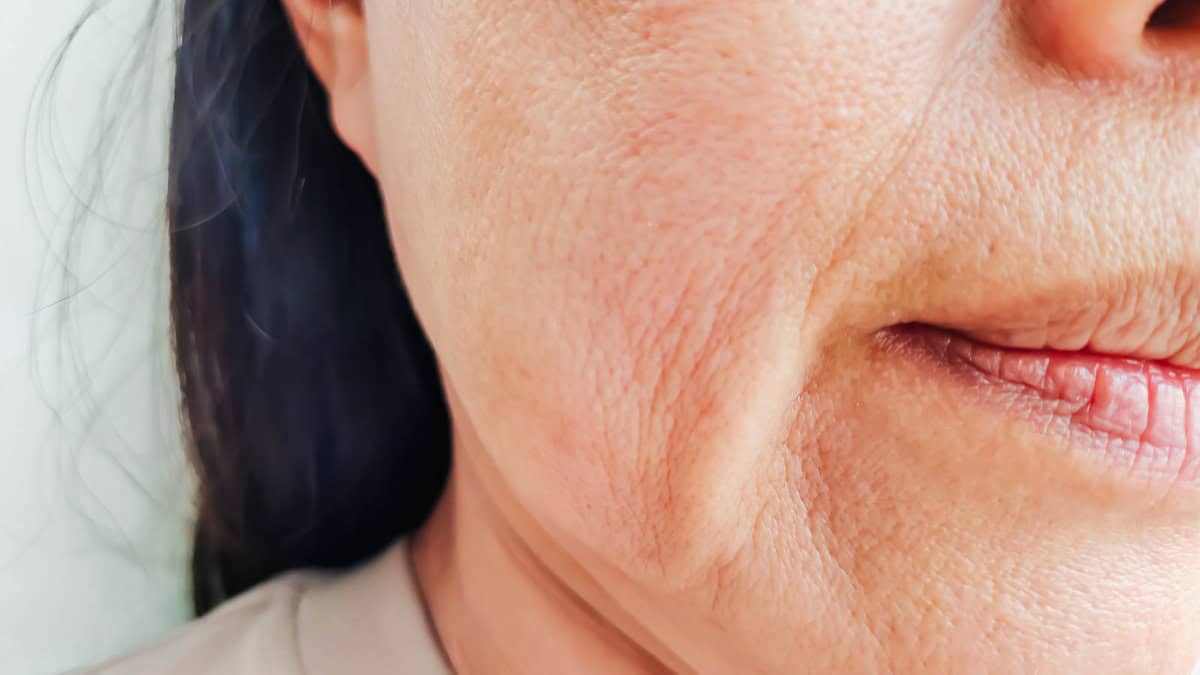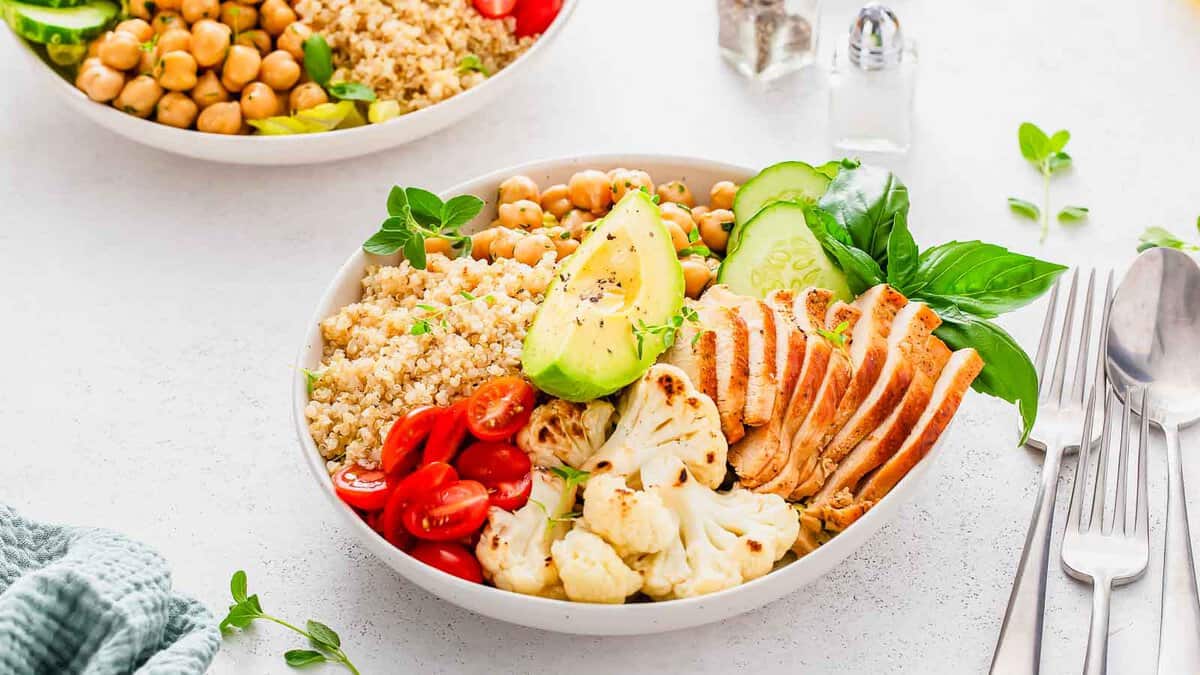Most adults need about 0.8 grams of protein per kilogram of body weight daily, or roughly 0.36 grams per pound. That means if you weigh 150 pounds, you should be getting around 54 grams of protein each day (Harvard Health). Protein isn’t just for bodybuilders—it’s essential for keeping muscles strong, supporting immune function, and even helping you stay full longer (Piedmont Healthcare).
But not all protein sources are the same. High-quality proteins from lean meats, dairy, and certain plant-based foods provide essential amino acids your body can’t make on its own (Harvard T.H. Chan School of Public Health). The problem is, many people don’t get enough—whether they’re skimping on protein-rich foods or not eating the right kinds. If you’re constantly tired, always hungry, or struggling to build muscle, low protein could be the culprit. Here are some signs your body may be telling you to up your protein intake.

Unexplained Fatigue


Protein helps keep energy levels steady, and when you’re not getting enough, your body struggles to repair muscles, regulate blood sugar, and carry oxygen efficiently. That can leave you feeling wiped out even after a full night’s sleep. If you’re dragging through the day no matter how much coffee you drink, low protein could be part of the problem.
Muscle Loss or Weakness


Your body needs protein to maintain and build muscle. If you’re not eating enough, your body starts breaking down muscle for fuel, leading to weakness, reduced strength, and even a higher chance of injury. Over time, this can make everyday tasks—like carrying groceries or climbing stairs—feel harder than they should.
Frequent Cravings and Hunger


Protein helps keep you full and stabilizes blood sugar. When you’re not getting enough, you might find yourself constantly snacking or craving carbs and sugar. That’s because without enough protein, blood sugar spikes and crashes more often, making it harder to stay full between meals.
Slow Healing Wounds


Protein is a big player in tissue repair, so when your intake is low, cuts, bruises, and even minor injuries can take longer to heal. If you notice bruises sticking around longer than usual or wounds taking forever to scab over, your body might not have the protein it needs to rebuild properly.
Thinning Hair and Brittle Nails


Your hair and nails rely on protein for strength. Without enough, hair starts thinning or falling out, and nails become brittle and prone to breaking. If your hairbrush is filling up faster than usual or your nails crack at the slightest tap, it could be time to up your protein intake.
Frequent Illnesses


Your immune system runs on protein—it’s needed to build antibodies and fight infections. If you’re getting sick more often or struggling to recover from colds, a low-protein diet might be weakening your immune defenses. Without enough, your body has a harder time fighting off bacteria and viruses.
Edema or Swelling


Not enough protein can throw off your body’s fluid balance, leading to swelling—especially in your legs, ankles, and feet. This happens because protein helps regulate water distribution in your cells. When levels drop too low, fluid starts to collect where it shouldn’t.
Brain Fog and Difficulty Concentrating


Protein fuels brain function, helping with focus, memory, and mental clarity. Without enough, neurotransmitters don’t work as efficiently, leading to forgetfulness, trouble concentrating, and that foggy feeling where simple tasks take twice as long as they should.
Skin Problems


Your skin needs protein to stay healthy and repair itself. A protein deficiency can lead to dry, flaky skin, premature wrinkles, and an increased chance of rashes or irritation. If your skin looks dull and doesn’t bounce back like it used to, low protein might be part of the issue.
Mood Swings and Irritability


Protein helps keep hormones and blood sugar stable. When you don’t get enough, mood swings, irritability, and even increased anxiety can hit harder. If you’re feeling unusually cranky or having emotional ups and downs, your diet might need a protein boost.
12 Foods That Are Surprisingly High In Protein


Protein is essential for a balanced diet, but it’s not just found in meat and dairy. There are plenty of unexpected foods that pack a protein punch, making it easy to get your daily dose. From snacks to main dishes, these high-protein options are both delicious and nutritious. Check out these surprising sources of protein that can easily fit into your meals.
Read it Here: 12 Foods That Are Surprisingly High In Protein
13 High-Protein Foods That Aren’t Meat


Boosting your protein intake doesn’t have to mean eating more meat. There are plenty of delicious, protein-packed options that can keep your meals exciting and nutritious. From snacks to main courses, these high-protein foods are versatile and easy to include in your diet. Check out these great alternatives.
Read it Here: 13 High-Protein Foods That Aren’t Meat
Gina Matsoukas is an AP syndicated writer. She is the founder, photographer and recipe developer of Running to the Kitchen — a food website focused on providing healthy, wholesome recipes using fresh and seasonal ingredients. Her work has been featured in numerous media outlets both digital and print, including MSN, Huffington post, Buzzfeed, Women’s Health and Food Network.

